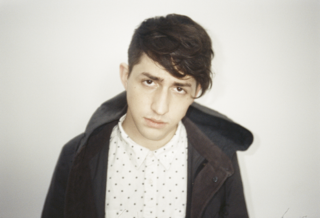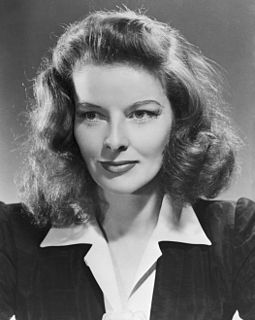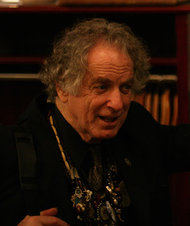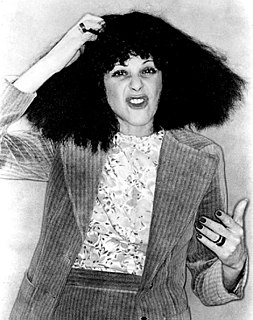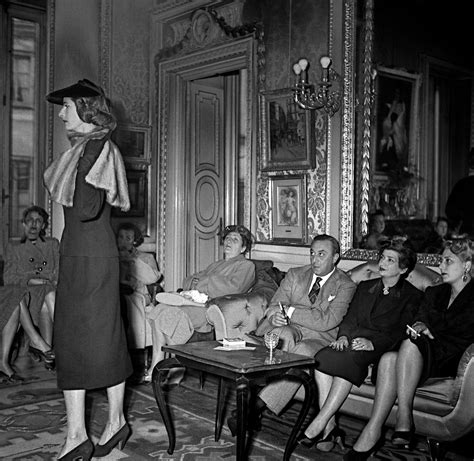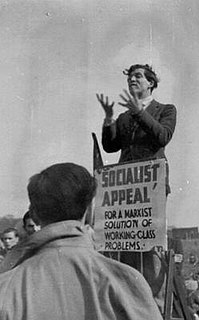A Quote by Blake Lively
I love to photograph the gorgeous landscapes when I travel.
Quote Topics
Related Quotes
How foolish of me to believe that it would be that easy. I had confused the appearance of trees and automobiles, and people with a reality itself, and believed that a photograph of these appearances to be a photograph of it. It is a melancholy truth that I will never be able to photograph it and can only fail. I am a reflection photographing other reflections within a reflection. To photograph reality is to photograph nothing.
I have been manipulated, and I have in turn manipulated others, by recording their response to suffering and misery. So there is guilt in every direction: guilt because I don't practice religion, guilt because I was able to walk away, while this man was dying of starvation or being murdered by another man with a gun. And I am tired of guilt, tired of saying to myself: “I didn't kill that man on that photograph, I didn't starve that child. That's why I want to photograph landscapes and flowers. I am sentencing myself to peace.



